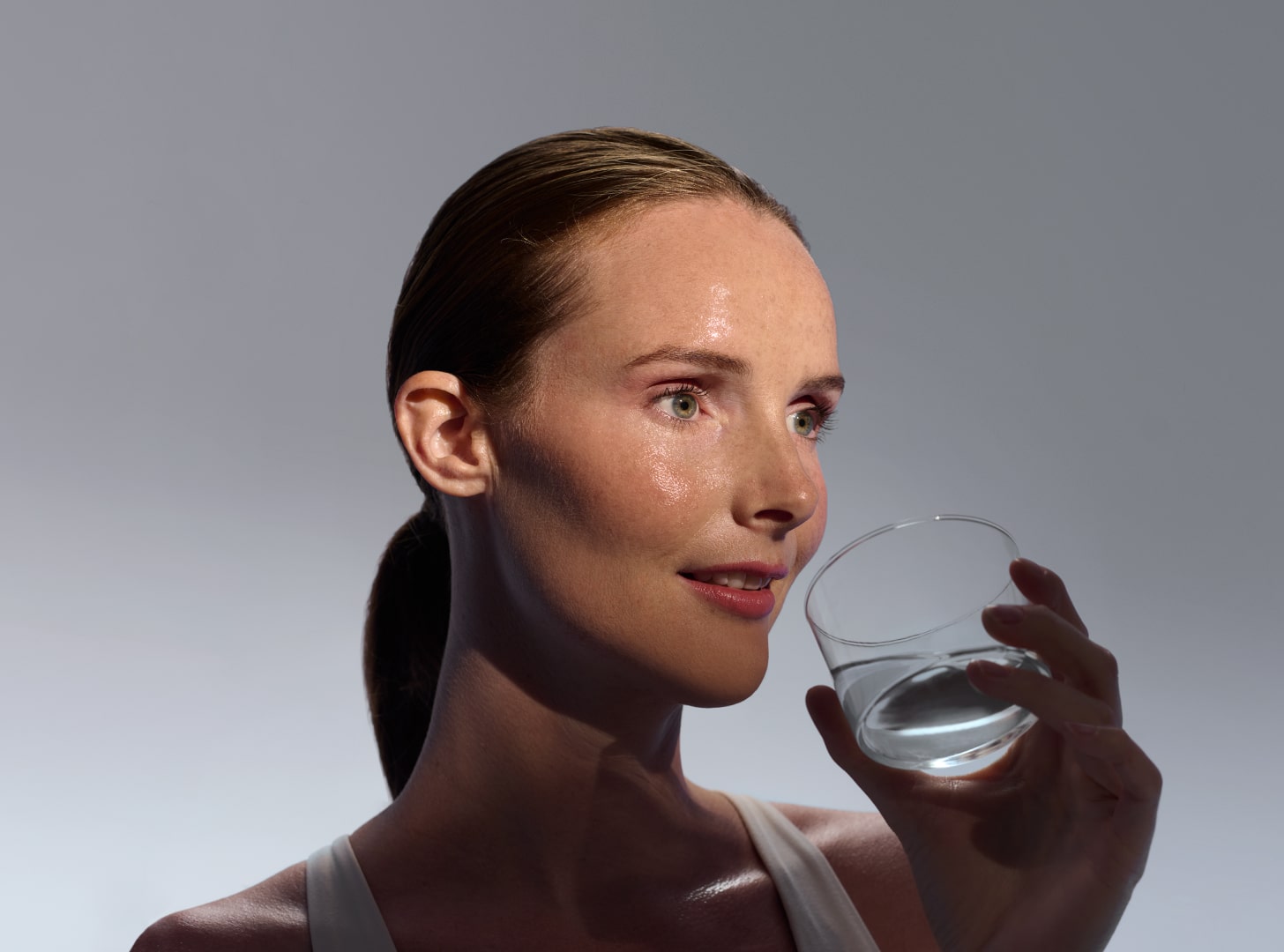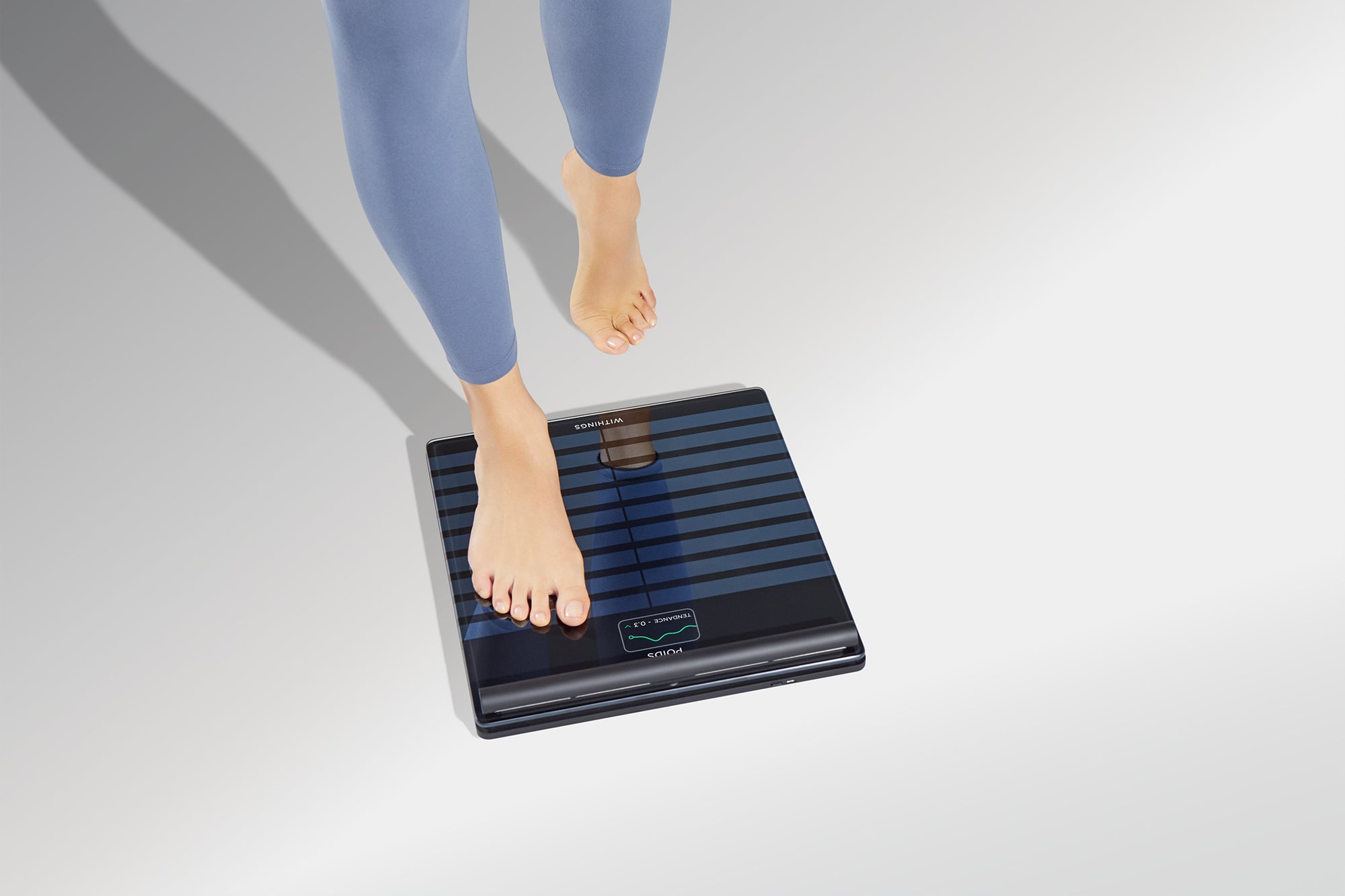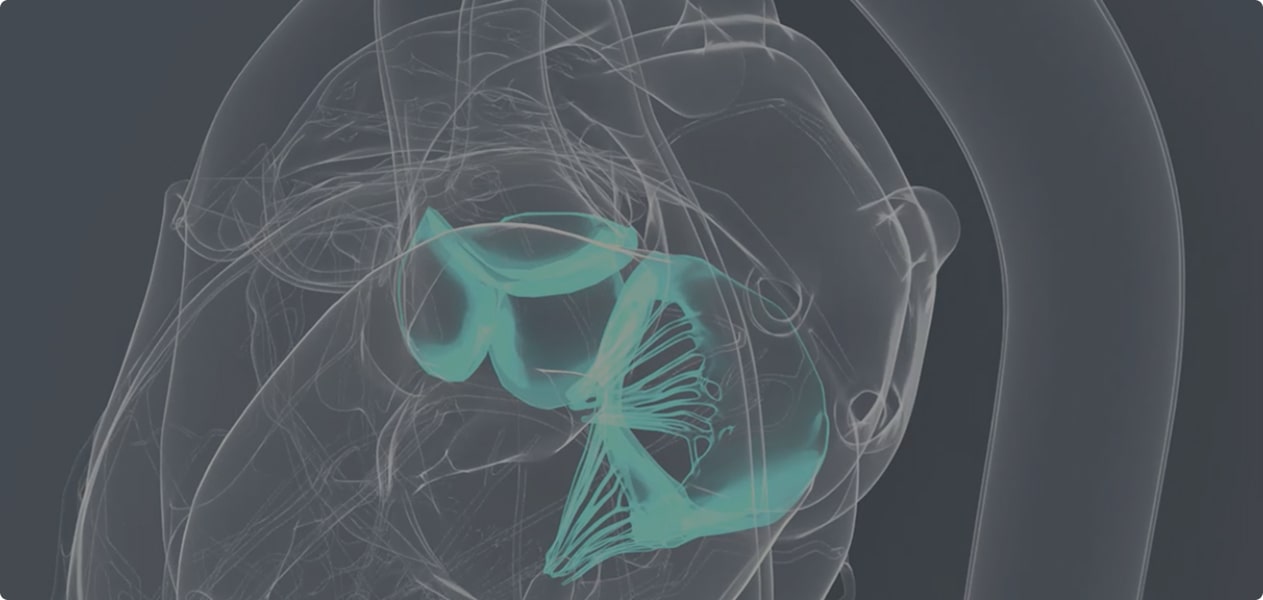
Nutritional testing: Track your health with Withings
Withings’ at-home urine analyzer lets you track your nutrition in real-time. It measures vitamin C levels, optimizes your diet, and...
Before you continue
Website version do not match with your country.
Pricing and product availability may vary by region.


We all know that feeling, that first little tickle in your throat when cold season hits, and instinctively, we reach for the orange juice or pop some vitamin C supplements, right? Because everyone knows vitamin C can help with colds! Did you know that vitamin C also known as ascorbic acid, is an essential nutrient vital in maintaining overall health, doing so much more than just warding off a sniffle?

Vitamin C contributes to immune function, aids the absorption of iron, promotes wound healing, and supports healthy connective tissues, blood vessels, and teeth and gums. Despite its importance and availability, a vitamin C deficiency can occur in people, especially those with a poor diet, limited access to fresh fruits and vegetables, or underlying health conditions like ulcerative colitis. Understanding the signs and symptoms of this deficiency and how to prevent it is key to maintaining optimal health.
A vitamin C deficiency happens when the body does not get enough vitamin C (ascorbic acid) from the diet over an extended period. Though deficiency is rare in many parts of the world due to improved nutrition, certain populations remain vulnerable. Risk factors include people who smoke, those with limited access to fresh produce, and individuals with medical conditions affecting nutrient absorption, such as ulcerative colitis or gastrointestinal disorders (source: NIH).
Left unchecked, severe deficiency can lead to scurvy, a disease once common among sailors deprived of sources of vitamin C for months at sea. Today, scurvy may include serious symptoms but can be reversed with appropriate vitamin C intake (source: Cleveland Clinic).
The signs of vitamin C deficiency may also not be noticeable at first but gradually worsen over time. Symptoms of vitamin C deficiency can cause:
• Fatigue and weakness
• Easy bruising
• Bleeding gums and loose teeth
• Dry, splitting hair and hair follicles abnormalities
• Dry, scaly skin
• Joint pain and swelling
• Slow wound healing
• Iron deficiency anemia, due to impaired absorption of iron
• Depression and irritability, potentially impact mental health
Severe cases may result in a disease called scurvy, where symptoms of scurvy include bleeding gums, joint pain, and poor wound healing (source: NHS, Healthline).
A lack of vitamin C often stems from not getting enough vitamin through food, as much vitamin is coming from what we eat. Some common causes include:
• A poor diet low in fresh fruits and vegetables
• People who smoke have an increased vitamin C requirement
• Conditions affecting nutrient absorption, like ulcerative colitis
• Chronic illness, alcoholism, or mental health conditions affecting appetite
• Older adults or those with limited food variety, especially concerning men's health and women's health needs
(Source: Mayo Clinic)
Vitamin C plays a role in numerous bodily functions. Vitamin C helps for:
• Supporting immune system health
• Acting as an antioxidant to neutralize free radicals
• Enhancing iron absorption from plant-based sources
• Maintaining connective tissues, blood vessels, and cartilage
• Assisting in wound healing
• Promoting eye health
• Contributing to mental health and reducing stress responses
• Supporting growth and development, particularly pregnant or breastfeeding women and infants
(Source: Harvard School of Public Health)
The recommended daily mg of vitamin C intake varies by age, gender, and life stage. According to the Office of Dietary Supplements at the National Institute of Health, the general guidelines for the amounts of vitamin C per day are:


The way to prevent a vitamin C deficiency is by following a balanced diet that includes sources of vitamin C, such as:
• Citrus fruits (oranges, lemons, grapefruits)
• Strawberries, kiwis, papayas
• Bell peppers, broccoli, Brussels sprouts
• Tomatoes, potatoes
• Leafy greens such as spinach and kale
• Fortified foods and dietary supplements if necessary
(Source: NIH)
A nutritious diet, rich in vitamin C content, ensures that you are getting enough vitamins and minerals per day to support immune system health, wound healing, and eye health. Prevention of vitamin C deficiency is especially crucial for people who smoke, those who are pregnant or breastfeeding, and individuals with chronic health conditions, so make sure you often include citrus fruits and other fruit and vegetables to boost the absorption of vitamin C.
If you suspect a vitamin C deficiency, consult a healthcare provider that will provide medical advice. A diagnosis is typically confirmed through blood tests to measure the vitamin C content in your system.
Treatment usually involves vitamin C supplements or increased vitamin C intake through diet. In cases of severe vitamin C deficiency, dietary supplements are often prescribed to restore adequate levels of vitamin and make a full recovery.
Even though scurvy is rare, if it’s untreated, scurvy can become life-threatening but is entirely preventable and reversible with timely administration of vitamin C (source: Johns Hopkins Medicine).

Monitoring your vitamin C intake is essential, especially if you're at risk of vitamin C deficiency due to diet or lifestyle.
Withings' U-Scan Nutrio offers an innovative solution. This at-home device analyzes biomarkers in your urine to provide insights on hydration, nutrient levels—including vitamin C content—and ketones for metabolic health. It helps you track whether you're getting enough vitamins and alerts you to potential deficiency risks, and you don’t have anything to touch to have your urine analyzed, as the product is attached to the inside of your toilet bowl.
Whether you’re addressing the unique needs of men's health or women's health, or simply aiming to achieve a healthy diet, U-Scan Nutrio empowers you to take control of your nutrition.
Discover U-Scan Nutrio
Nutritional testing: Track your health with Withings
Withings’ at-home urine analyzer lets you track your nutrition in real-time. It measures vitamin C levels, optimizes your diet, and...

Weight and heart disease: How weight loss reduces cardiovascular risk
Discover how excess weight increases heart disease risk and how weight loss can improve cardiovascular health, reduce heart failure, and...

Weight loss goals: How to set realistic and achievable targets
Learn how to set realistic weight loss goals that work. Discover the science, SMART strategies, and tips to achieve your target weight...

VHD: What are heart valve diseases?
Also called VHD, a heart valve disease is characterized by damage to or a defect in one of the 4 heart valves affecting the hearts in and...
Join millions of users who are improving their health with Withings. Sign up to discover the entire Withings ecosystem, our latest products, and exclusive offers.
By registering, you agree to receive advertising e-mails from Withings. However, if you change your mind, you can unsubscribe at any time.

